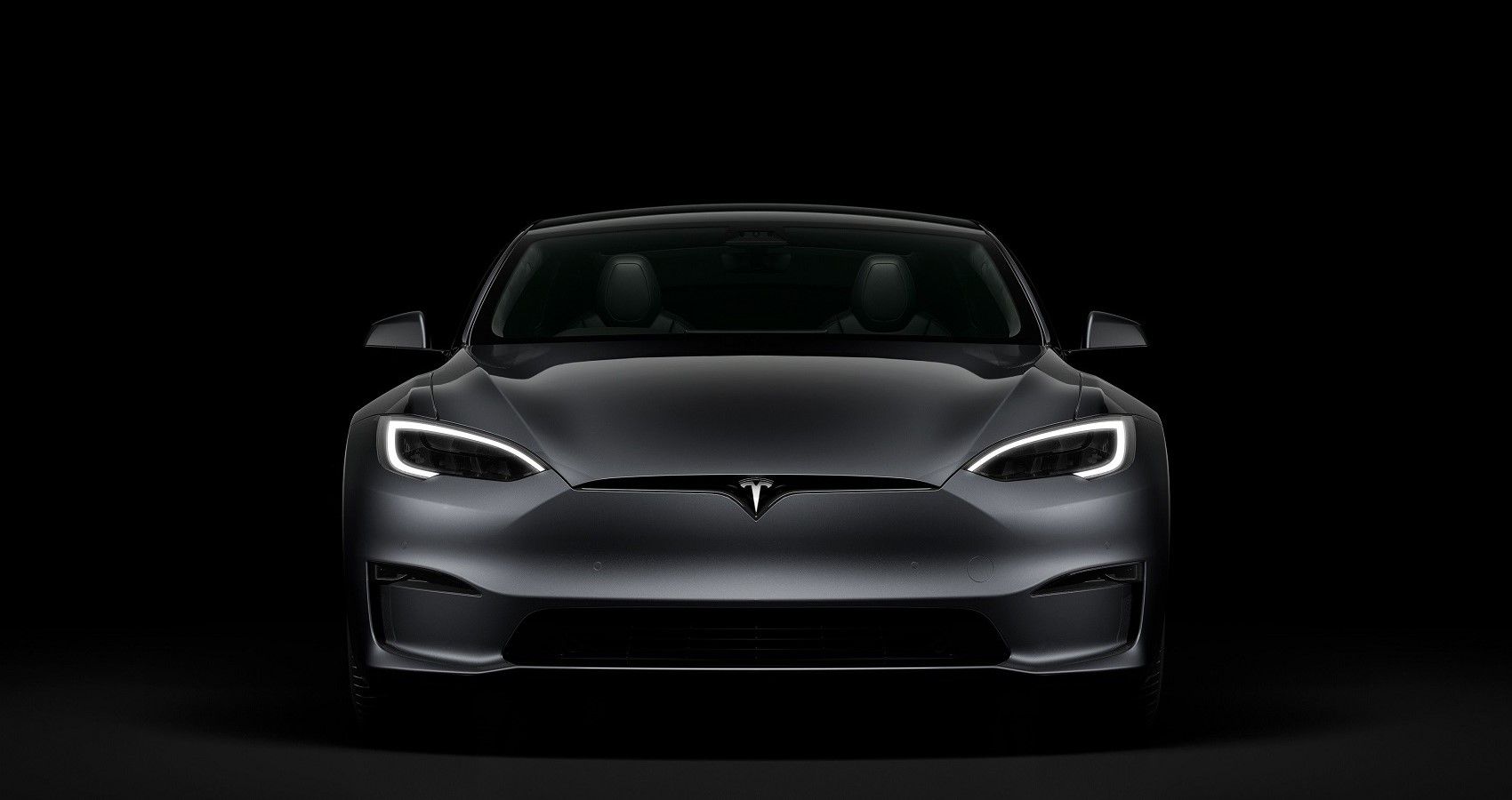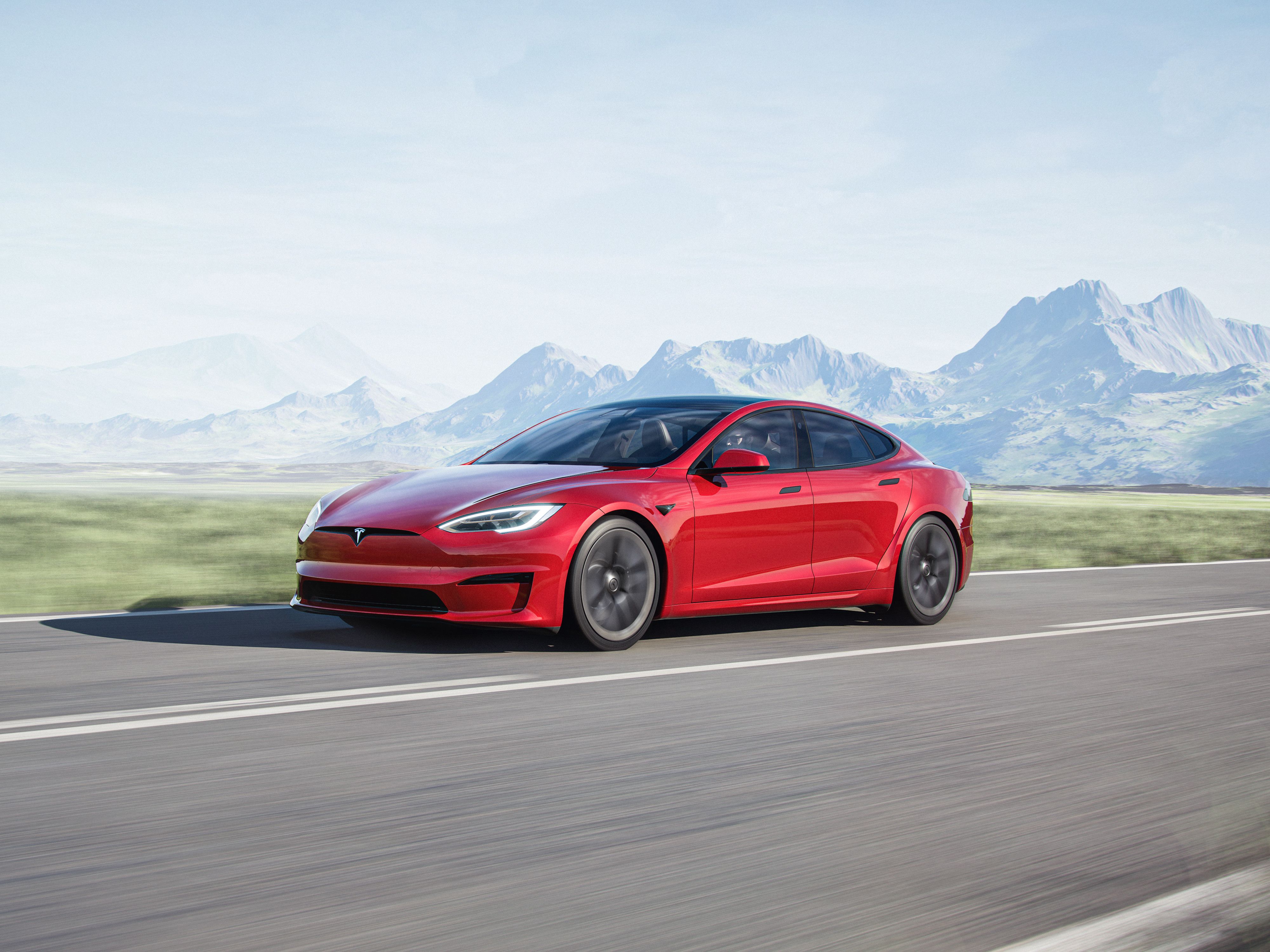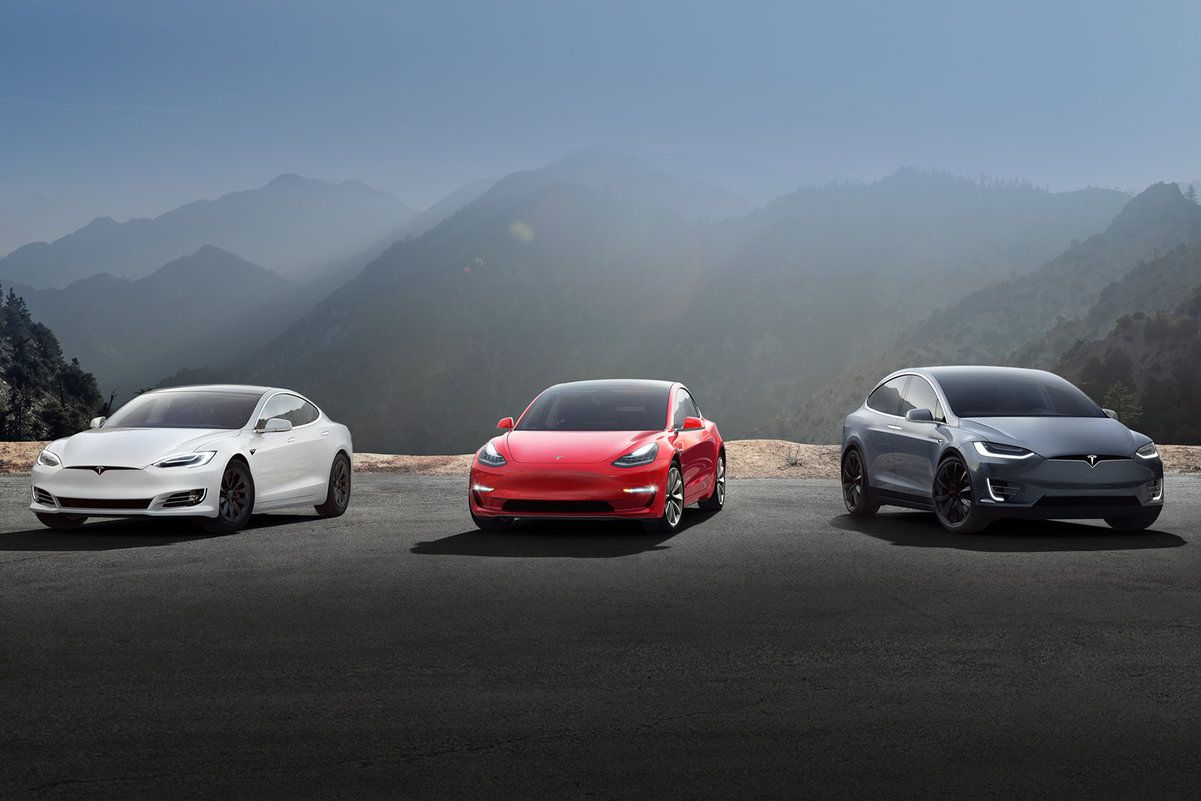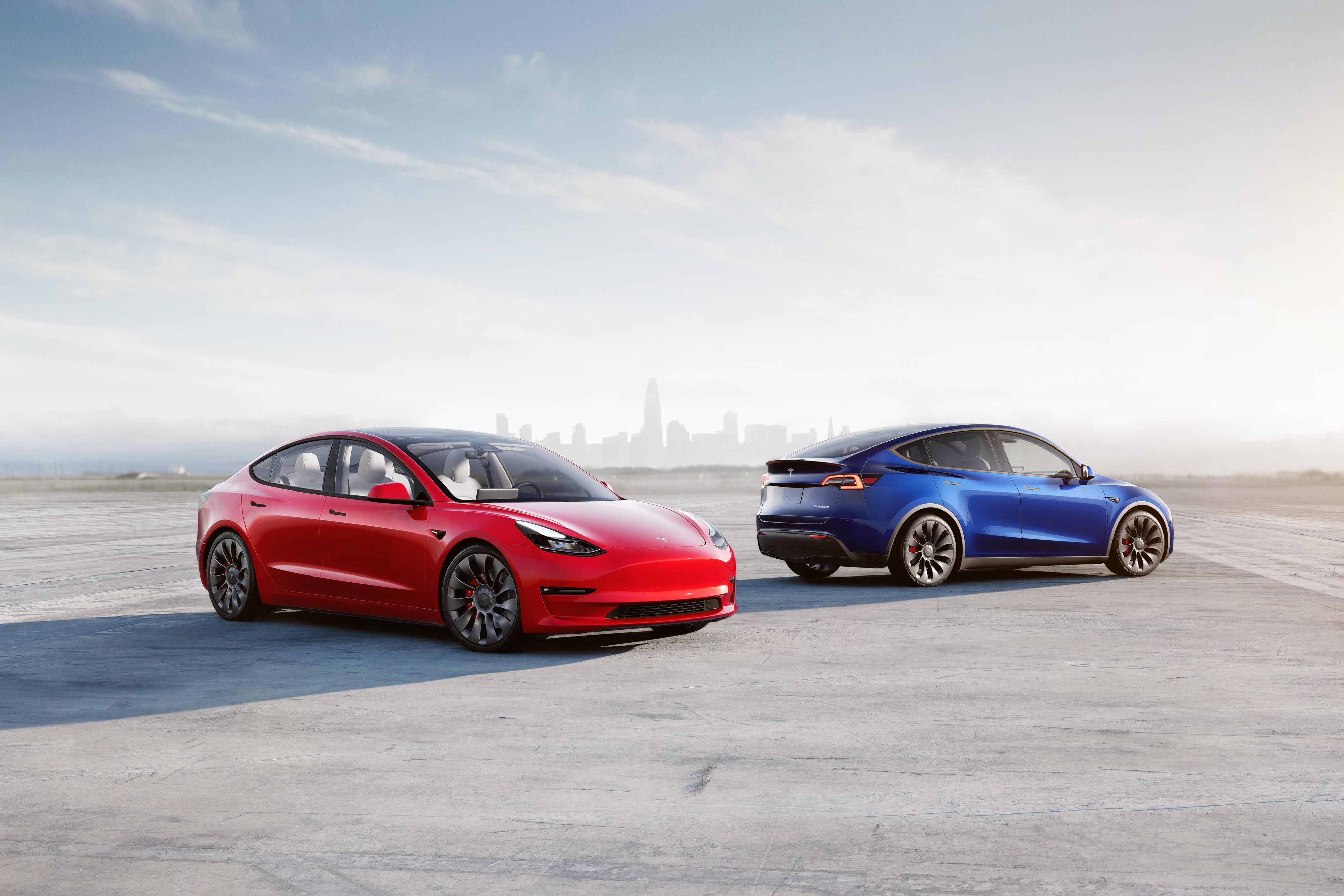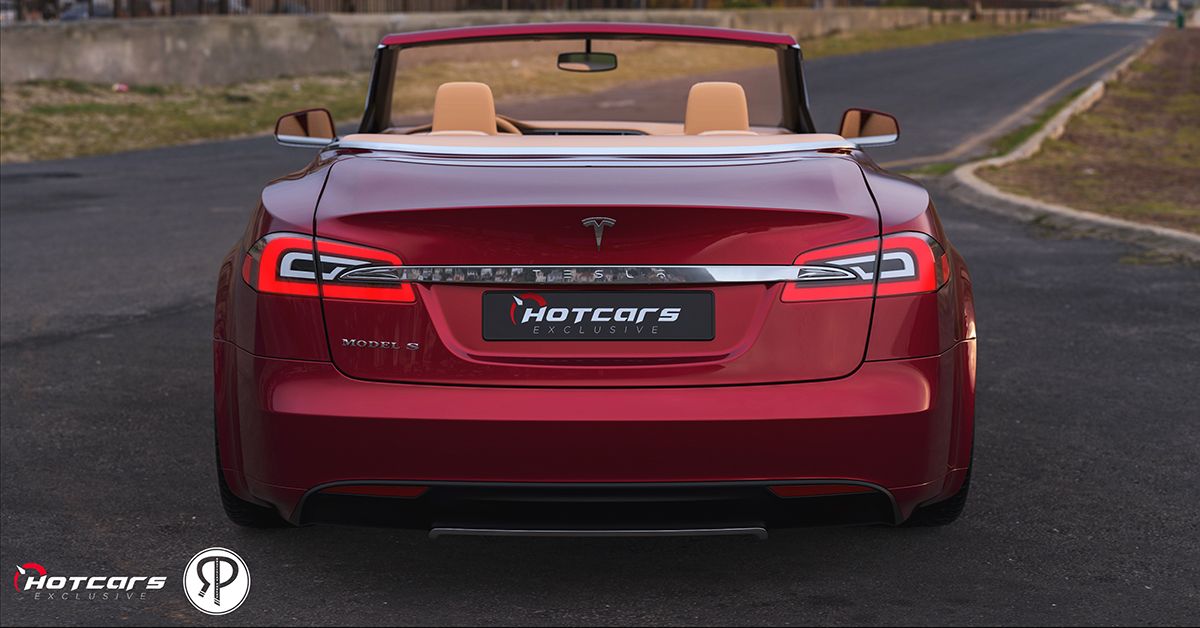The popularity of electric automobiles is increasing every day. In the United States, over 2 million electric vehicles were on the road at end of 2021. Tesla has historically sold the most electric vehicles by a very large margin.
Initially, the first car out of the Tesla stable was the short-lived Roadster; a Lotus Elise-like two-seater that garnered enough accolades to prepare the public for Tesla's first truly feasible all-electric product, the Tesla Model S. Since 2012, the luxury five-door hatchback has been the brand's staple. The seven-seat, gull wing Model X and entry-level Model 3 joined it subsequently.
Many consumers are still concerned about pricing, choice, and charging - but those hurdles are disappearing, and President Biden plans to speed up things up with tens of billions in incentives.
Unfortunately, Tesla has tumbled on Consumer Reports' annual list of most-reliable carmakers, following a rocky year that included a corporate relocation led by CEO Elon Musk, viral reports of cars on fire, and other self-admitted quality control difficulties.
Tesla sales have been going down of late as a result of this but also of increasing competition in the segment.
For most car buyers, dependability is the most important factor.
Consumer Reports named the Tesla Model S, the brand's current model, the greatest car its testers have ever driven in terms of overall performance - while it's not in the service station charging, of course.
But, because owner surveys have shown below-average reliability, it does not recommend purchasing one.
UPDATED DECEMBER 2022: Article gets updated to reflect any changes or new information on this topic, as Tesla as a brand frequently appear in the news for a variety of reasons. We see how the brand is altering the way it produces vehicles and if its market share is changing.
The Tesla Reliability Rating Does Not Look Good
Last year, Consumer Reports ranked Tesla, the electric vehicle manufacturer with a market capitalization of over $1 trillion, 27th out of 28 brands. The research examines what went wrong with owners' cars in the previous year and uses that information to forecast how trustworthy upcoming models from major automakers would be.
In their Model S electric sedan test car, Consumer Reports' car testers encountered many faults and issues firsthand. Edmunds encountered similar issues with its test vehicle, having to replace the electric motor three times in 18 months. To be clear, Edmunds claims that the swap was the simplest way to fix the problems, and it was significantly easier than fixing or replacing a gasoline engine.
According to J.D. Power, Tesla vehicles had an average of 176 mechanical faults per 100, compared to an average of 121 for the industry. They ranked tesla 30th out of 33 brands featured in a J.D. Power Vehicle Dependability Survey released last year. However, because the electric car brand does not match the study's standards, the organization does not compare it with other big manufacturers.
We Find Out Whether Teslas Are Reliable Cars
Tesla has steadily improved the quality of its goods over time, and you can notice the difference in cars made now compared to cars built five years ago. But it still ranks poorly in Consumer Reports' reliability and dependability rating.
Tesla is well known for demonstrating that electric automobiles can be successful. On the other hand, is not known for its dependability. While its vehicles are attractive; Consumer Reports data shows that the majority of them have poor reliability ratings. This may be partly a moot point, because, as unstable as these Tesla models are, they all have high levels of owner satisfaction rating.
Most Tesla models, according to Consumer Reports aren't that dependable. Take the Tesla Model S as an example - while the 2013 and 2017 Tesla Model S both received a four-out-of-five reliability rating from Consumer Reports - most model years struggled to get anything higher than a three-out-of-five score. Some model years received only one out of five potential points.
Tesla has the benefit of a forgiving class of owners who are in love with its luxury sedans like the Model S and the Model X SUV. Luxury car consumers are simply less bothered about dependability than purchasers of mass-market vehicles.
Teslas Can Be Expensive To Repair
Buying an electric car from Tesla is an enormous commitment, but how much does it cost to keep it running?
Teslas aren't as widespread as other car brands, so estimating the cost of ownership might be challenging. Also, Tesla is well known for having above-average typical maintenance costs for the first few years of ownership compared to the industry average.
As a result, little information is available about Tesla's overall dependability and regular cost of ownership. Purchasing a Tesla extended warranty may still help you save money on repairs.
Expect to pay more for Tesla maintenance than the average motorist because so many Tesla vehicle parts are rare and difficult to source; furthermore, luxury car brands such as Tesla have a reputation for charging high costs for automotive parts.
As a result, it's understandable that, despite having the lowest reliability rating, Tesla continues to do well with its customers and ranks high on its customer satisfaction index; demonstrating that customers prefer loyalty to the brand and creativity over reliability.
The Future And Tesla's Reliability Record
Tesla has seen its market share decrease since other brands such as Rivian with the R1T and R1S and Ford with its F-150 Lightning came onto the scene; and now there are many more vehicles coming to add to the pile including premium sports EVs like the Porsche Taycan.
The premium EV brand's well-known build-quality issues and some high-profile issues with powertrains may have put people off along with the bad press relating to fatal crashes - this could be a large factor in fact.
Tesla is still under investigation as of December this year for a series of past fatal accidents involving self-driving with its Autopilot self-driving system, and it could get into more trouble over how the cars were 'miss-sold' with the public believing the cars were actually capable of self-driving in all conditions with no input needed from the driver.
Perhaps both to reduce costs but also reliability of its sensors and decrease the likelihood of accidents, the company is also moving away from using radar sensors and sticking with cameras as its main source of data gathering on the road.
According to CNCB, Tesla is still the biggest brand in town when it comes to market share, but its sales superiority is 'eroding'; its head-start and image gave it a boost in the beginning, but there are increasingly more and more affordable alternatives that offer most of what a Tesla can offer for less.
In addition, there are more premium electric vehicles from more establishes brands that may offer higher levels of quality and reliability.
CNBC says that it's market share drops to 65% in the 3rd quarter of 2022 and that by 2025 it may only hold 20% of the new electric vehicle market.

